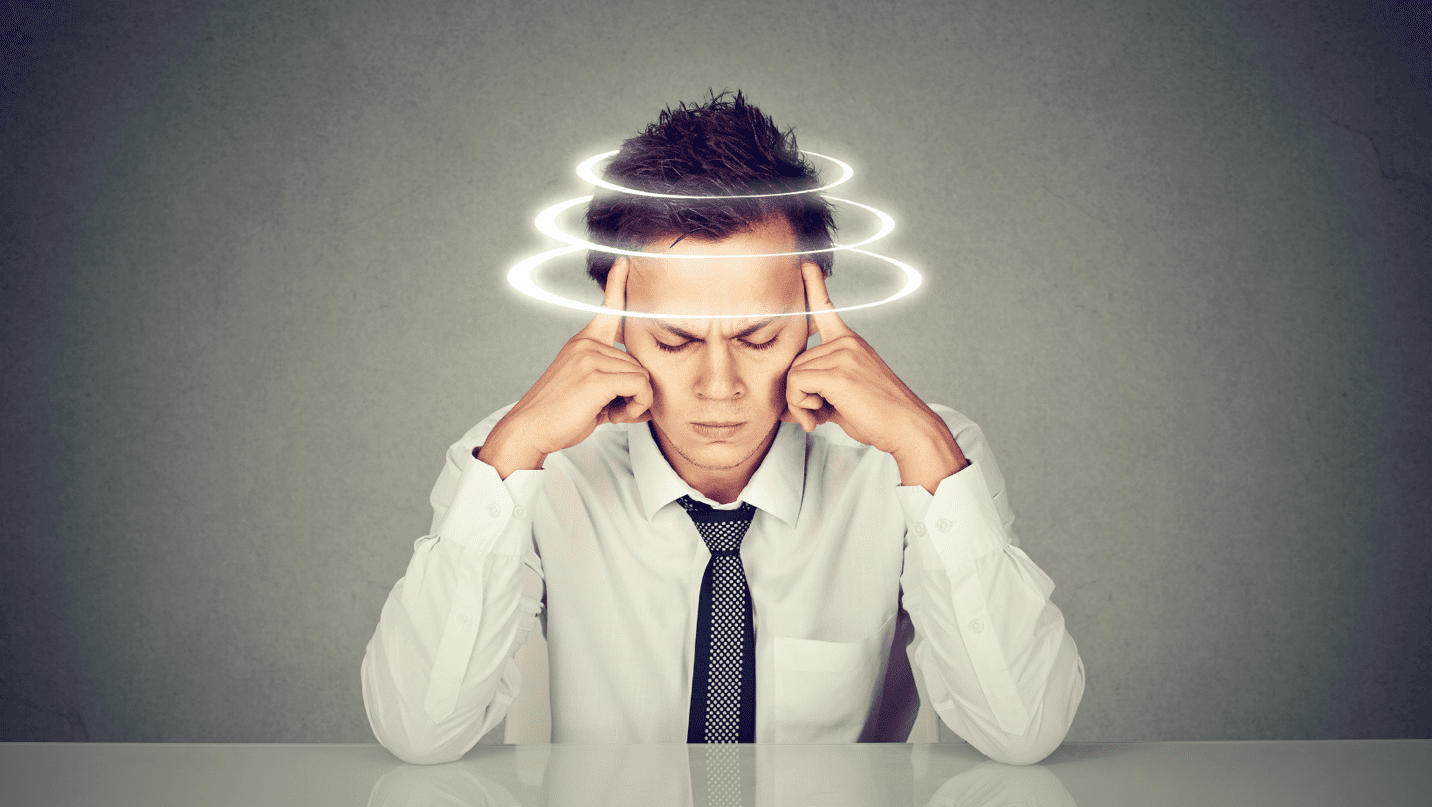At some point in our lives, most of us have felt a brief spell of dizziness or light-headedness. But what happens when these fleeting moments lead to a sudden loss of consciousness? This phenomenon is often referred to as syncope.
Syncope is a temporary and sudden loss of consciousness, usually caused by insufficient blood flow to the brain. It’s commonly known as “fainting” or “passing out.” Before a syncope episode, individuals may experience dizziness or light-headedness.
Causes of Syncope
There are numerous causes of syncope, but they generally fall into three categories:
- Vasovagal syncope: Triggered by a sudden drop-in heart rate and blood pressure, leading to reduced blood flow to the brain. Common triggers include dehydration, stress, or seeing blood.
- Cardiac syncope: Caused by heart-related issues such as arrhythmia, valve obstructions, or even a heart attack.
- Orthostatic syncope: Occurs when a person stands up too quickly, and blood pools in the legs, resulting in decreased blood flow to the brain.
Causes of Dizziness
Dizziness can arise from various causes, including:
- Inner ear problems: Issues like benign paroxysmal positional vertigo (BPPV) or Meniere’s disease can lead to dizziness.
- Vestibular migraines: Migraines that cause dizziness.
- Medications: Some drugs list dizziness as a side effect.
- Other causes: Low iron, low blood pressure, anxiety, or dehydration can also result in dizziness.
Prevention and Treatment
To prevent or manage dizziness and syncope:
- Stay hydrated to maintain blood volume.
- Rise slowly from sitting or lying positions.
- Recognize the triggers, like hot environments or emotional stress, and try to avoid them.
- Discuss with your doctor any medications that might be causing dizziness.
When experiencing dizziness or syncope, it’s crucial to sit or lie down immediately to prevent injuries from falling.
If episodes of loss of consciousness or dizziness occur frequently, it’s essential to see a healthcare professional. They can help determine the cause and recommend appropriate treatments or interventions.
Conclusion
Both dizziness and syncope can be alarming, but understanding their causes and differences can help individuals manage and respond appropriately. While many cases might not be serious, recurring episodes, especially those of syncope, warrant medical attention to rule out potentially serious underlying conditions.
Highlighted Keywords:
- Loss of consciousness
- Syncope
- Dizziness
- Vasovagal syncope
- Cardiac syncope
- Orthostatic syncope
- Vertigo
- Benign paroxysmal positional vertigo (BPPV)
- Vestibular migraines
Written by Dapralab


